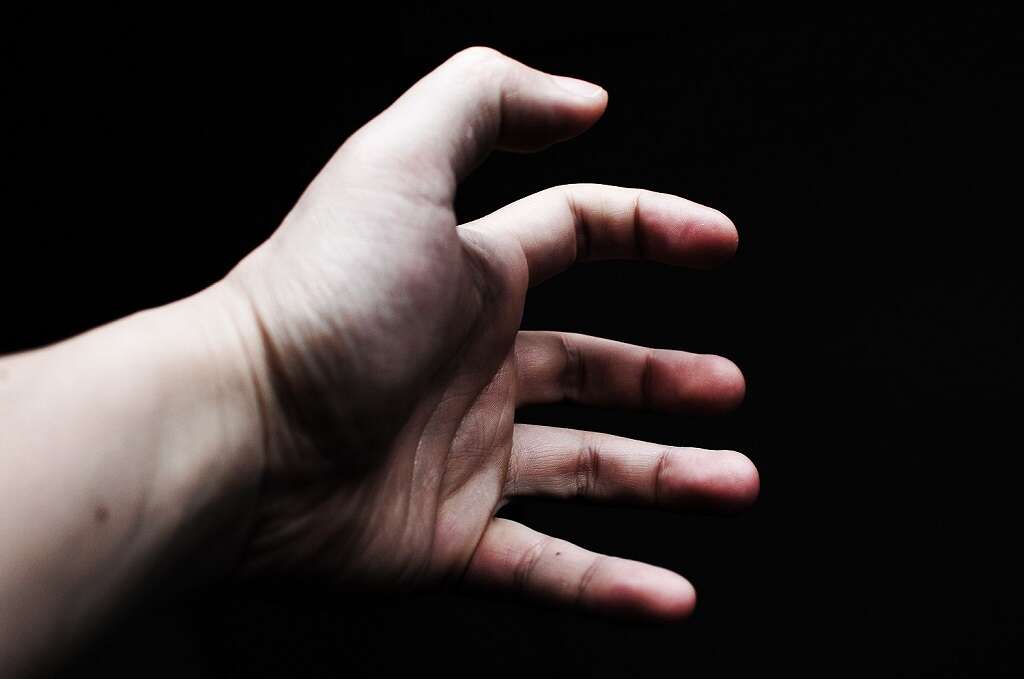Absence Seizure Symptoms, Treatments & More
 Article Sources
Article Sources
- 1. 'Epilepsy.' NHS Choices, NHS, www.nhs.uk/conditions/epilepsy.
- 2. MD, Authored By: Elaine Kiriakopoulos, and Authored Date: 08/201 'Absence Seizures.' Epilepsy Foundation, www.epilepsy.com/learn/types-seizures/absence-seizures.
- 3. 'Absence Seizures.' Johns Hopkins Medicine, www.hopkinsmedicine.org/health/conditions-and-diseases/epilepsy/absence-seizures.
- 4. 'Absence Seizure.' Mayo Clinic, Mayo Foundation for Medical Education and Research, 24 Feb. 2021, www.mayoclinic.org/diseases-conditions/petit-mal-seizure/symptoms-causes/syc-20359683.
3. Atypical Absence Seizures
A typical absence seizure is sudden, short and often very still. Most people with absence seizures experience this type of seizure, but there are some exceptions.
During an atypical absence seizure, the onset may be more gradual. These seizures can last 20 seconds or longer and may include blinking, chewing motions or strange hand motions. Atypical seizures are more noticeable and have a slightly higher risk of injury to the person if they fall, but they usually don’t have long-term negative effects.2MD, Authored By: Elaine Kiriakopoulos, and Authored Date: 08/201 ‘Absence Seizures.’ Epilepsy Foundation, www.epilepsy.com/learn/types-seizures/absence-seizures.
Advertisement










